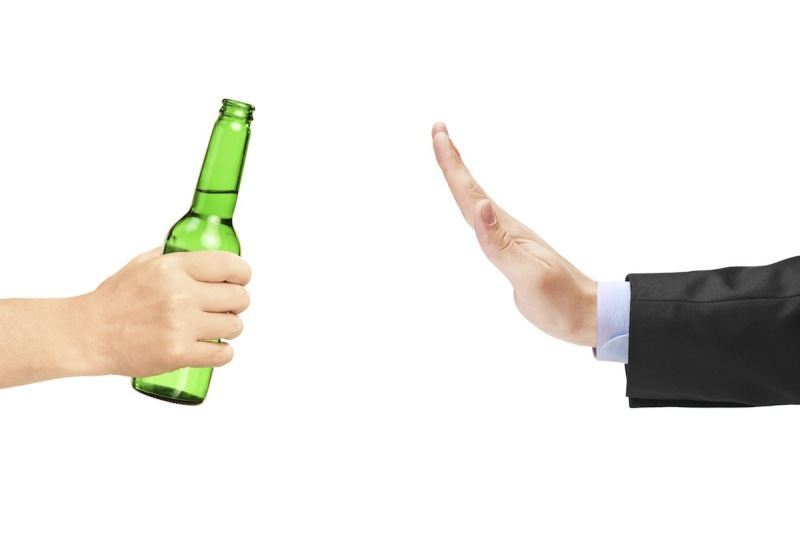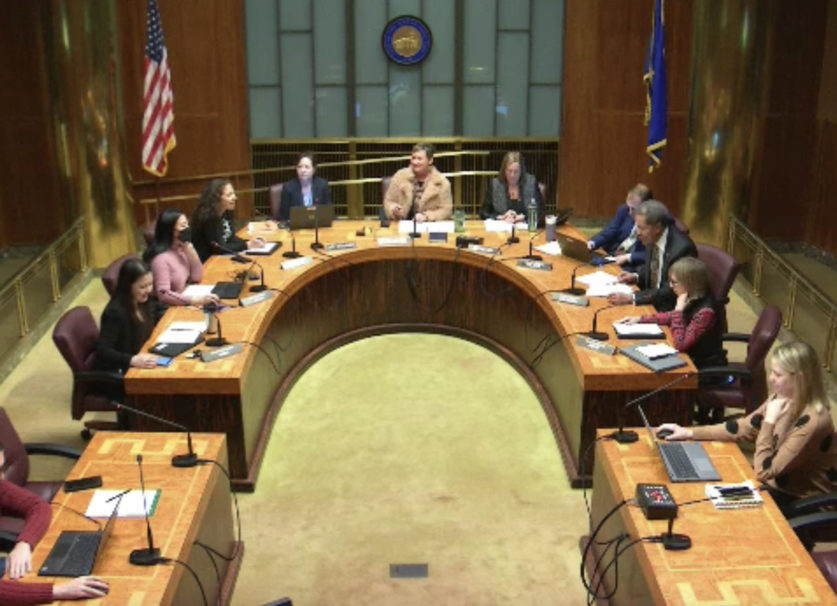Getting Sober for the Holidays
by Jonathan Dickman, MD
The holiday season is here and it is a time when families get together. During this time, you may find that you have a relative who is struggling with the use of alcohol, opiates or other drugs. If this happens, know that you are not alone, and that United Family Medicine (UFM) is here to help. Accidental drug overdose is now the leading cause of death for people under the age of 50 years old in the United States. Many people know of a relative or friend who is struggling with substance use.
So you may be asking: What can I do? The first step is to let the person who is struggling know that you are concerned and to let him or her know that help is available. There is a lot of stigma surrounding this topic and it is important to recognize that addiction is now considered a chronic disease, similar to diabetes. Addiction is more than someone simply choosing to use drugs, just as diabetes is more than someone choosing not to exercise or eat healthy foods. As with other medical conditions, the approach to helping a person with drug use often requires both medications and behavioral health interventions to be successful. UFM now assists people with medications, social work and behavioral health interventions needed to help one achieve sobriety.
Medications used for addiction treatment help to curb cravings and sometimes decrease withdrawal symptoms from the drug. Medications are used to stabilize a person and allow behavioral health and chemical dependency treatment interventions to happen. The most common medications used at UFM include:
• Buprenorphine (Suboxone, Sublocade): This medication helps people struggling with opiate (pain pills, heroin) use disorder by breaking the cycle of getting high and going through withdrawal. Suboxone (dissolved under the tongue) or Sublocade (once monthly injection) partially activates the part of the brain used by opiates to stop withdrawal and drug cravings. This medication also prevents a person from feeling high if they relapse on opiates.
• Naltrexone (Revia or Vivitrol): This medication can be used for both alcohol and opiate use disorders and works by blocking the parts of the brain that would be stimulated by these drugs. The oral medication (Revia) can be used for alcohol problems and the once monthly injection (Vivitrol) can be used for either alcohol or opiate use problems.
Neither medication can treat addiction without the guidance of behavioral health interventions. We have therapists, psychiatrists and social work in house at UFM to assist with the process of working towards sobriety. Sometimes completing a Rule 25 (chemical dependency assessment) is recommended to allow insurance to cover more intensive outpatient or inpatient treatment and we can help people figure out how to get this completed.
This holiday season, remember that if you or your relative is struggling with drug or alcohol problems, there is help available to manage their chronic disease. Call UFM (651-241-1000) to schedule an appointment and to learn more about how we can assist with taking the next step towards sobriety. Have a Happy New Year.




